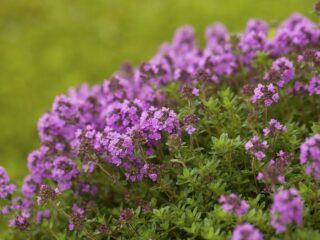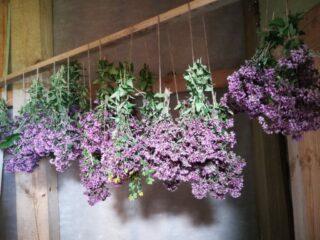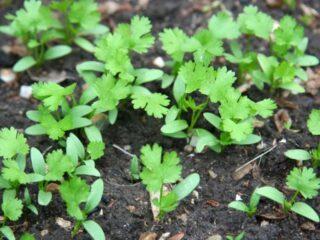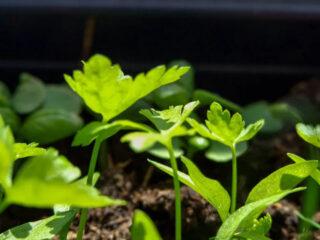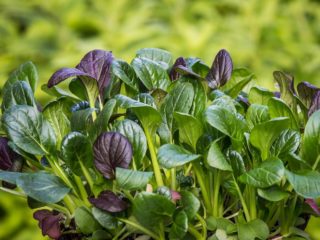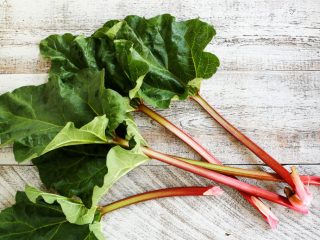Content
Oregano, or oregano (origanum vulgare), is a perennial spicy crop that has medicinal properties. The fragrant leaves of the plant are widely used in Mediterranean cuisine along with mint, basil and rosemary. The plant is also prized for its high content of ascorbic acid, antioxidants and essential oils. This culture also has high decorative qualities. Therefore, if you plant oregano in your garden plot, you can have not only a fragrant spice, but also a beautiful flowering bush.
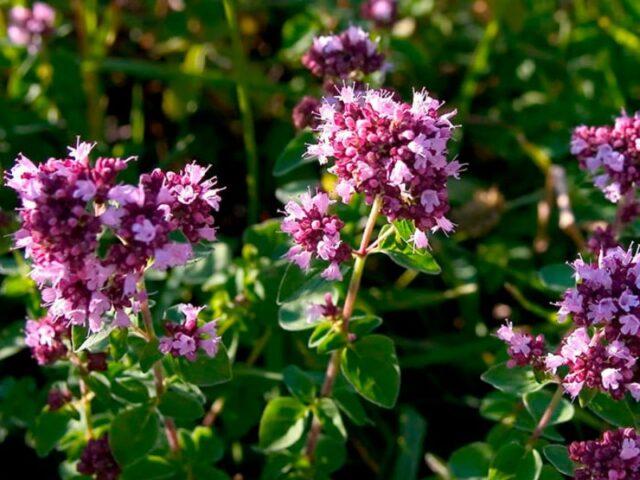
Oregano is a honey plant
How to plant oregano seeds outdoors
A common way to plant oregano is to sow seeds directly into the ground. But for everything to go well, you need to follow some rules.
Landing dates
Planting oregano seeds in open ground should be carried out when the earth warms up to a depth of 15 cm to a temperature of + 15-18 degrees and the threat of spring return frosts passes. Therefore, in the southern regions, sowing is recommended at the beginning of May, and in the central and northern regions - at the end of this month or at the beginning of summer.
Seed preparation for sowing
Before sowing, it is recommended to soak the seeds of oregano in a solution of "Epin" or "Zircon" for a day. This stimulates growth processes and strengthens the immunity of future seedlings. After that, the oregano seeds must be slightly dried until the characteristic flowability appears. And then plant them, since they are no longer suitable for further storage.
Since the seeds of oregano are small, experienced gardeners recommend mixing them with sand before sowing. This will greatly simplify the procedure and contribute to their even distribution on the soil surface.
Soil preparation and site selection
Oregano is one of the undemanding crops. The plant loves sun and warmth, but reacts poorly to stagnant moisture in the soil. Therefore, for planting oregano, you should choose an open, well-heated place with loose soil. In this case, the level of acidity of the soil should be low or neutral.
Oregano can grow on poor soil, but then it will not be able to build up a lush green mass. Therefore, it is recommended not only to dig up the site in the fall, but also to add it to the soil for each square. m. 5 kg of humus, 40 g of superphosphate and 30 g of potassium sulphide.
Oregano grows well in loamy and sandy loam soil. However, it can be planted in heavy clay soil after its preliminary preparation. To do this, it is necessary to add twice as much humus to the soil, and also add 10 kg of sand for each square meter. m. And if necessary, to reduce acidity, also in the fall, add 200 g of dolomite flour to the same area of the site.
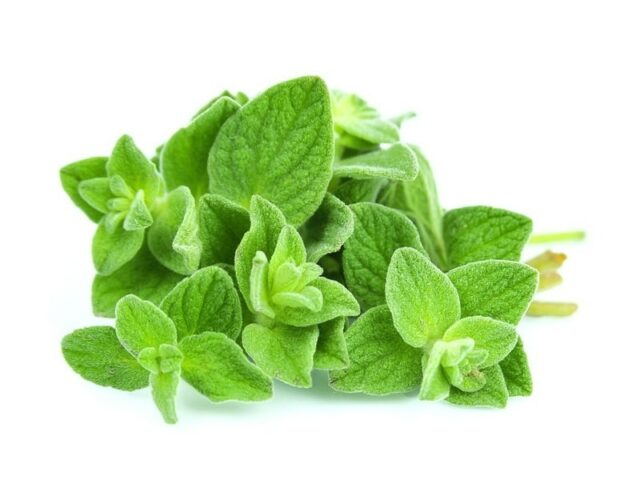
You can't get real Greek salad and Italian pizza without oregano.
Sowing rules
With the arrival of spring, the garden bed intended for oregano needs to be loosened and the surface smoothed out on it. If lumps are present, break them up.All these preparatory work will help to improve the uniformity of seedlings.
The seeds should be planted in furrows 1-1.5 cm deep. They should be done at a distance of 25 cm. Before sowing oregano, the furrows should be watered abundantly and wait until the moisture is completely absorbed. Then you should plant seeds mixed with sand. After that, sprinkle them with earth, slightly compact, and put a layer of peat on top, which will keep moisture in the soil.
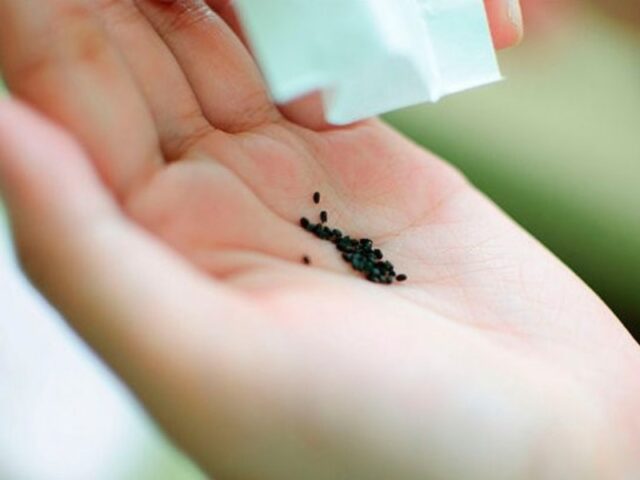
Oregano seeds germinate 10-14 days after planting in open ground
Growing oregano through seedlings
Experienced gardeners practice growing oregano in seedlings. This makes it possible to get well-strengthened seedlings by the beginning of the season and speed up the collection of spicy herbs.
In this case, the cultivation of oregano from seeds must be carried out initially at home. The optimal time for planting seedlings is the end of February or the beginning of March. To carry out sowing, you should prepare wide containers with a height of 10-12 cm. They must be filled with nutrient soil, consisting of turf, humus, peat and sand in a ratio of 2: 1: 1: 1.
The soil should be leveled and well moistened before planting. After that, sow the seeds evenly and sprinkle them with a layer of earth 0.5-0.7 cm thick.At the end of planting, you need to moisten the soil from the top of the spray bottle, cover the container with glass or film, and then put it in a dark place with a temperature of + 22-24 degrees ...
After the emergence of shoots, which usually occurs at home in a week, the container must be rearranged on the windowsill and the mode must be reduced to +20 degrees. This will prevent overgrowth of the aerial portion and stimulate root development.
As soon as the sprouts get a little stronger, they must be adapted to external conditions and the film must be removed. Further care consists in periodic dosed watering with settled water. As soon as the seedlings have four true leaves, they should be cut into separate cups. And a week after that, it is necessary to carry out the first feeding. For her, you need to use mineral fertilizers intended for seedlings, which are sold in a specialized store.
It is possible to transplant grown seedlings to a permanent place in open ground in the second half of May, as the soil warms up enough and the threat of spring return frosts passes. Planting seedlings should be carried out at a distance of 20 cm so that they fully develop and do not compete for moisture and nutrition.
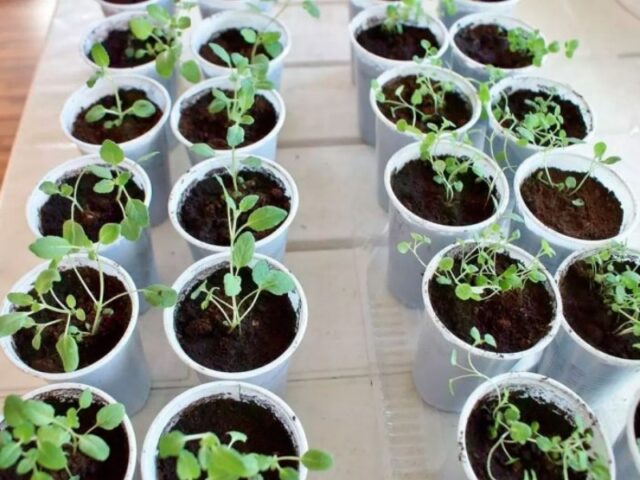
Oregano seedlings grow slowly at the initial stage of development.
Outdoor care for oregano
To grow oregano in the country from seeds or seedlings, you need not only to properly plant, but also to provide further care, taking into account the requirements of this perennial culture.
Watering
Watering the plantings of oregano is necessary only in the absence of seasonal rains. To do this, use settled water with a temperature of + 20-22 degrees. Irrigation is carried out in the evening using a spray can.
During periods of heat, so that the plants do not suffer from a lack of moisture, it is recommended to lay mulch between the rows with a layer of 3 cm. For this, you can use humus or peat.
Fertilizer
In the first year after planting oregano, there is no need to fertilize the plants if all the nutrients were added at the stage of site preparation.
Top dressing should be applied from the second season. To do this, in the spring at the beginning of the growing season, it is recommended to use organic matter or nitroammophos. In summer, oregano can be fertilized only after flowering to maintain the frost resistance of the bushes. During this period, you should use superphosphate (40 g) and potassium sulfide (25 g) in a bucket of water. Consumption rate - 1 liter of nutrient solution per plant.
Weeding and loosening
For the successful cultivation of oregano in the garden, after planting in a permanent place, it is necessary to regularly weed at an early stage of development of seedlings. Otherwise, the delicate sprouts of oregano will not be able to fully develop due to the weeds.
It is also important to loosen the soil between the rows in a timely manner. This will prevent moisture stagnation and maintain air access to the roots.
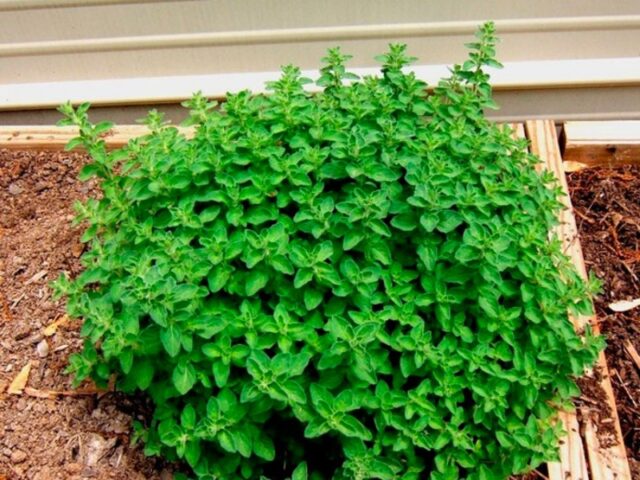
Oregano bushes bloom fully in the second year after planting
Wintering
There are about 55 different types of oregano. They differ not only in the height of the bushes, color, but also in the level of frost resistance from -15 to -30 degrees. Therefore, when choosing, you need to pay attention to this and take into account the climatic conditions of the growing region.
Adult oregano bushes do not need special preparation for wintering. Only young seedlings need to be sheltered in the first season after planting. To do this, at the base of the bushes, you need to lay humus mulch with a layer of 5 cm to prevent hypothermia of the root. With the arrival of early spring, the insulation must be removed, otherwise the bushes may dry out.
Transfer
Oregano belongs to the category of long-lived plants. In one place, the bush can grow up to 15 years. But experienced gardeners recommend replanting the plant every 5-7 years, since the older the perennial, the less useful components in its aboveground parts.
It is recommended to transplant to a new place in early autumn or spring. The procedure is carried out according to the standard scheme. When planting, it is not recommended to deepen the root collar of a perennial, as this will negatively affect the development of the bush. In the future, you need to ensure that the soil at the base of the perennial does not dry out, which will accelerate the adaptation of the plant in a new place.
Pruning
In the first year after planting oregano, it is recommended to trim only single flowers that form on the plant. This will redirect the forces of the perennial to the development of roots and shoots. You should also periodically clean the bushes from broken and dry branches. This crop does not need shaping pruning.
Reproduction methods
For the successful cultivation of oregano, you need to know not only the rules for planting and caring for oregano, but also how this plant can be propagated. Indeed, in the future, the perennial will need to be regularly rejuvenated in order to always have healthy spicy greens at hand.
Dividing the bush
You can get new seedlings of oregano by dividing the overgrown bushes, which are at least 4 years old. The procedure is recommended in the spring at the beginning of the growing season. This will allow the "delenki" to grow stronger during the season and prepare for the upcoming wintering.
To do this, you need to dig up the mother plant and carefully divide it into several parts with a pruner or knife. Each of them must have well-developed shoots and root processes. Immediately after dividing, the seedlings must be planted in a permanent place and watered abundantly.
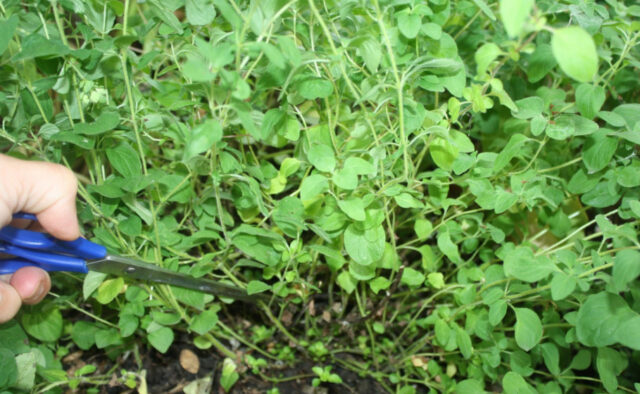
Before dividing the bush, the garden tool must be disinfected.
Layers
You can get young oregano bushes with the help of layering. To do this, at the end of May or at the beginning of summer, select well-developed lateral branches and bend them, deepening them into the soil by 5 cm, and then fix them with staples. Only the tip of the shoot should be left on the surface of the soil.
The soil should be kept slightly moist throughout the season to promote root formation.
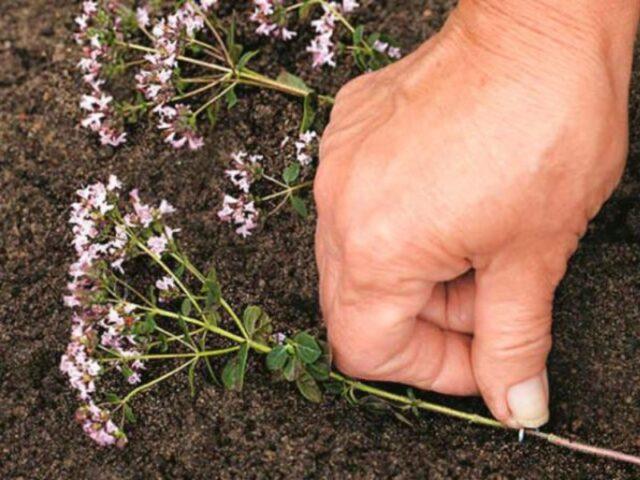
It is possible to separate the strengthened layers from the mother bush in a year.
Conclusion
Knowing how to properly plant oregano with seeds in open ground and for seedlings, any gardener can grow this spicy greens. But in order for young seedlings to grow stronger and grow, they need to be provided with full care at the initial stage of development.In the future, when the oregano bushes get stronger, they no longer cause much trouble.
